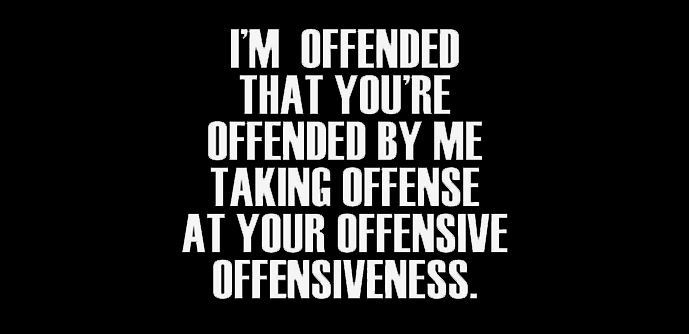You can let stress beat you up, or you can put it to work in…
When is a Difference an Offense?
When a person doesn’t meet your expectations for behavior, do they owe you an apology (or vice versa)?
An offense occurs when a standard is broken. Offenses are easier to define when it comes to civil laws, moral laws, and commonly accepted standards. But when individual expectations become standards, the question gets sticky. Expectations among people are so varied, and there is no way to meet them all.
***Click here to listen to this article through our Discover Your True Course Podcast channel.
True Story. Let’s say that you expect everyone to be friendly, make extra efforts to speak to one another, and always behave like good friends. Your co-worker expects people to be friendly and respectful but not necessarily best of friends or friends at all and when people don’t make extra efforts to speak, they are probably just preoccupied or busy. When the co-worker acts according to their standard and doesn’t speak to you or treat you like a “friend,” it may be uncomfortable for you, you may not understand, and you may take their behavior as a personal offense. Is this truly an offense? Does it require an apology? Whose standard decides?
When a person fails to meet your expectations or disagrees with you, this is not offensive behavior. If you feel offended, I suggest that your feelings are hurt. You are responsible for your hurt feelings. They are not. How you interact around the disagreement may be offensive. You may attack (sabotage them; talk to others about them), avoid them, or pout (passive-aggressive) because they didn’t do things your way.
I say that an action is an offense when it violates civil law, moral law, another commonly accepted standard, or is intentionally unloving. We need a common definition for “loving,” and that’s for another time.
When a person acts in integrity with their expectations but those are different from yours and uncomfortable for you, what would happen if you talked about the differences, not trying to be right or to force agreement, but to understand?
Want more? Contact us today.





